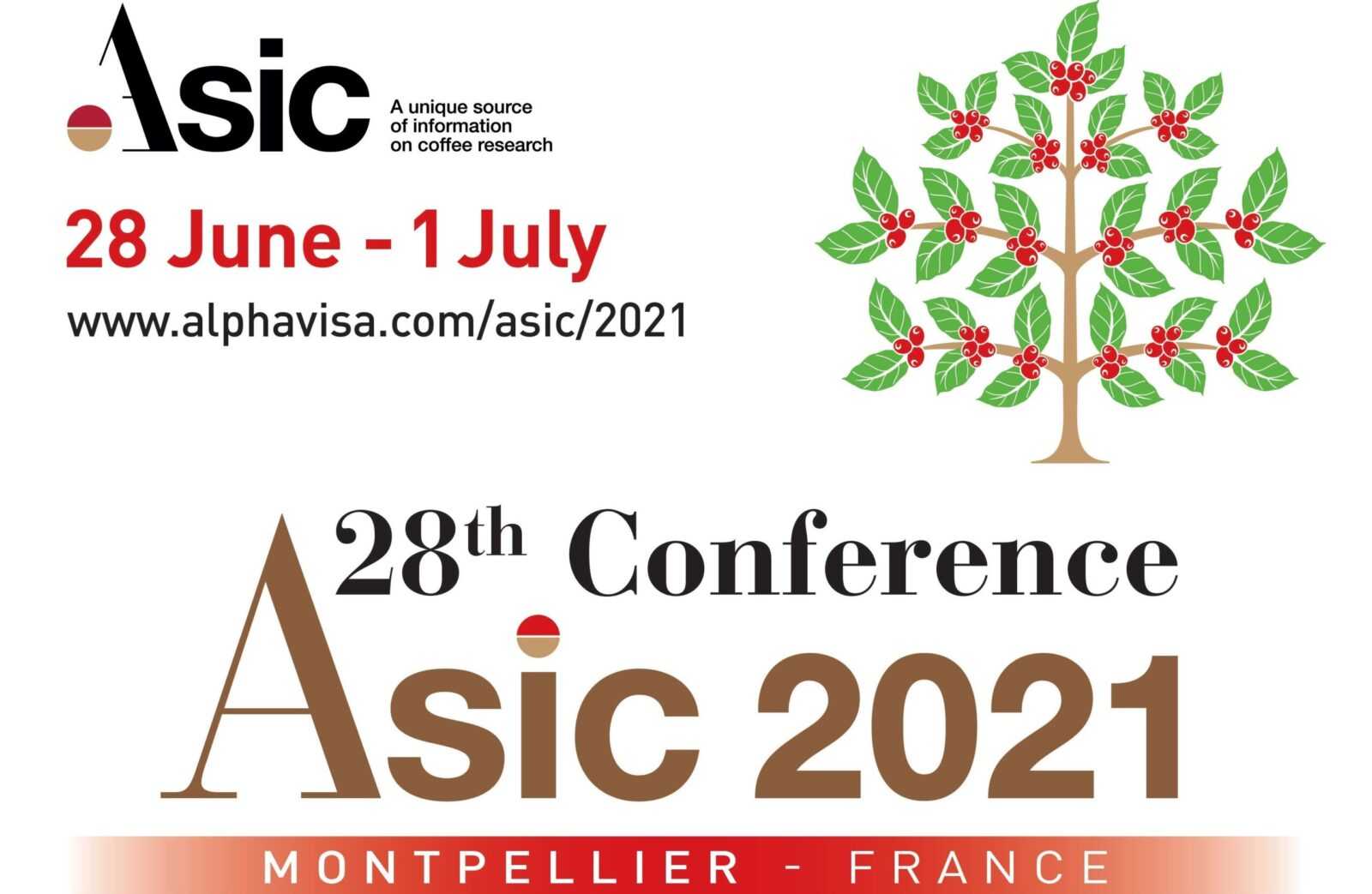MONTPELLIER, France – At the Asic (Association for Science and Information on Coffee) conference under way in Montpellier, France, results will be presented from research projects conducted by the researchers at the “Research and Innovation Coffee Hub”. In less than five years since its foundation, the R.I.C.H. (Research and Innovation Coffee Hub), created from a collaboration agreement between the University of Camerino and Simonelli Group, has become a point of reference for the whole supply chain.
The results from studies conducted by the researchers – some of which have already been published in renowned international scientific periodicals – have been acclaimed in their scientific field. Three researchers are involved in presenting the findings of the research at the Asic biennial conference taking place from 28 June to 1 July.
Asic is a permanent organisation that brings together the leading specialists throughout the world working in the various fields of coffee science and technology. It provides them with the opportunity to present and share research work carried out in their respective countries.
The biennial Asic conference, now in its 28th year, has been held since 1963, involving, in its itinerant form, both producer countries and the main consumer countries. Its main mission is to evaluate existing and emerging scientific and technical knowledge about coffee, by creating a platform for interdisciplinary dialogue and finding solutions to problems, with the participation of stakeholders and leaders in coffee science from all over the world.
Simone Angeloni, who was the first researcher from Camerino University to have completed his PhD after spending his entire period of study at the R.I.C.H., will present the findings of the research project “Optimisation of espresso coffee extraction with the purpose of reducing the quantity of coffee used”.
The researcher, along with his colleague Gulzhan Khamitova, analysed how different variables can influence the extraction of espresso coffee and how different devices, such as different filters, diffusers to vary the volume of the infusion chamber, can be selected on the basis of the dispersion powder particles in order to prepare an espresso coffee using the least amount of powder, whilst maintaining high product quality.
“The correct implementation of these devices in an espresso coffee machine, as easy as they are to install – explains Angeloni – can provide a more sustainable consumption of this drink by producing a lower quantity of used coffee grounds, without affecting the quality”.
The quantity of work behind a simple cup of coffee and the number of fields that play a part in the quality of the drink is demonstrated by Josephin Giacomini as she deals with the theme of espresso coffee from the scientific perspective of her research, namely the field of applied mathematics.
At the Asic conference, Josephin will explain the complex physical-chemical processes that take place during the preparation of coffee, by means of her proposed mathematical model that simulates the process of percolation that occurs during the extraction of espresso coffee, using elements of fluid dynamics. From an understanding of certain physical parameters relating to the extraction process and of the concentration of important chemical compounds in coffee powder, this mathematical model allows us to extrapolate the quantities and concentrations of certain chemical and physical components that are key to the quality of the extracted coffee drink.
“The proposed physical-chemical model – explains the researcher – opens the way to implementing a control strategy for extraction thus enabling fascinating prospects for the coffee world, such as personalisation of the drink, directly based on customers’ preferences and on their health needs. Furthermore, the optimisation of the extraction process in terms of quantity of coffee powder used, also contributes to increasing the sustainability of the coffee market”.
Alessia Perticarini, a PhD student at Unicam who has also been welcomed to the Montpellier conference, will present a project that uses a mathematical model to describe the extraction of espresso starting from an understanding of extraction parameters and of the physical-chemical characteristics of a coffee pod, focused on the calculation of extraction efficiency. Also in this case the ultimate objective is sustainability.
“Prediction of the extraction process – explains the researcher – has a significant impact on the coffee industry. The availability of these models enables the creation of instruments for the prediction and control of the extraction process. In particular, the simplification of the formulation of these models makes them easier to use without compromising the reliability of the calculation of the characteristics that interest us.”
These three research projects take different approaches but they all focus on the process of coffee extraction that constitutes the core phase of espresso. This can have a decisive effect on the quality and enhancement of product variety.
Unique in its specific field, the Simonelli-Unicam research centre also works across the board to provide scientific and technological support for the development of knowledge in the coffee production chain, reinforcing the innovative drive for this important drink that is enjoyed throughout the world.

















